SUMMARY
This is AI generated summarization, which may have errors. For context, always refer to the full article.
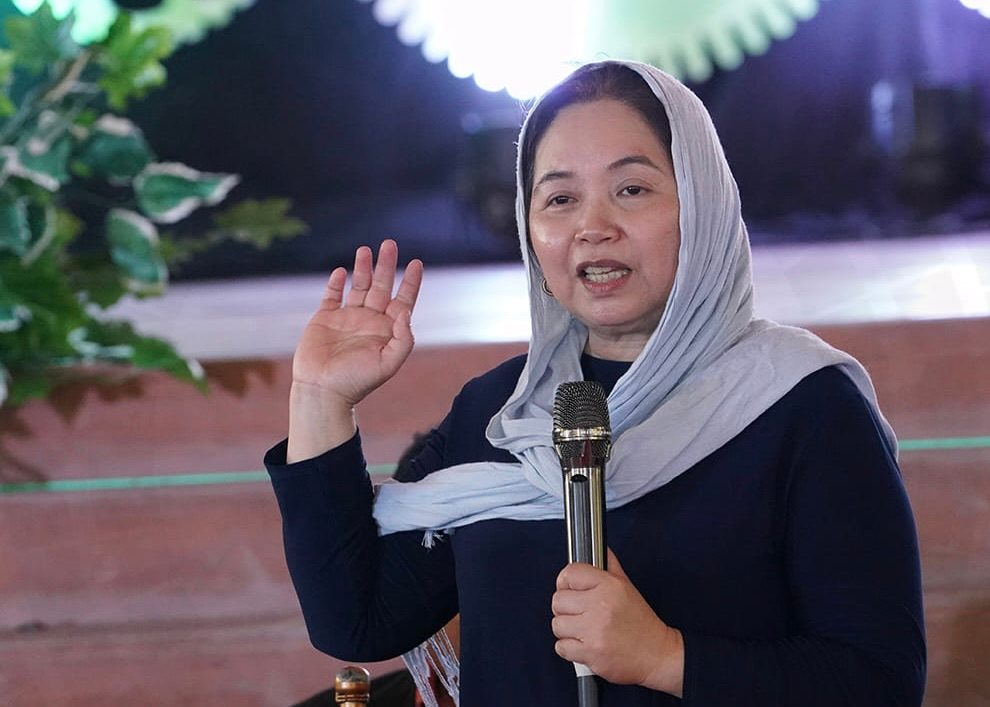
MANILA, Philippines – Bangsamoro Autonomous Region in Muslim Mindanao (BARMM) leaders pushed for better women representation in the national government, as they cited key provisions in the recently passed Bangsamoro Electoral Code.
Bangsamoro Floor Leader Sha Elijah Dumama-Alba said the BARMM electoral code ensures the representation of women in political parties. Under the code, a party or coalition is required to have at least 30% women nominees.
“I think we are taking steps towards greater women participation. If you think about it, not even the national laws have any policy requiring women’s representation (in political parties),” Bangsamoro Deputy Floor Leader and Minister of Social Services and Development Raissa Jajurie said during the PARTICIPATE Democracy Summit on Thursday, May 11.
Dumama-Alba said the national government could replicate some of the provisions of the Bangsamoro Electoral Code to promote the participation of women in governance.
“I personally feel that this is a good experiment where national legislators can learn from parliamentarians from the BARMM,” she said.
Lobbying for a provision that seeks larger representation of women in political party nominations in a parliament dominated by men, however, was a challenge, according to Paramisuli Aming of the Bangsamoro Women Commission.
“When it was deliberated in the parliament, the debate for this section was long, in fact, the women in the parliament wanted to increase it (women representation) to 40% so we actually settled,” Aming said, describing the deliberation as “bloody.”
She said that the initial draft code only requires political parties to have at least 10% of women in their pool of nominees.
While Aming recognized the value of the provisions in the electoral code to promote gender parity, she said that a lot has to be done.
“Even if we increase [the number of women nominees in political parties], there is still a long way to go to achieve what we want,” Aming said as she clarified that there is no assurance that nominated women would actually take the seat in the parliament.
Currently, in the House of Representatives, only 27% of the seats are occupied by women. Meanwhile, in the Senate, only 7 of the 24 lawmakers are women.
Women’s agenda
While representation of women in governance is important, gender advocate and journalist Ana Santos, however, said in a previous interview with Rappler that people cannot automatically assume that because just because a person is a woman, she will be an advocate for women-centric issues or for issues that will promote gender equality.
“You have the Philippines scoring very high on several gender equality indexes but let’s look at the laws that concern the lives of women in the Philippines,” Santos said as she highlighted the lack of policies that promote women’s rights.
The BARMM electoral code seeks to address this issue as it requires political parties to have a women’s agenda, Jajurie said.
She said that this is relevant in making sure that there would be efforts to promote women-centric policies, regardless of the gender of the political party representative.
Jajurie said that she wants to see these provisions that promote women’s representation in the national system.
“Since it’s not yet there this is something we can work with in partnership with other women advocates, women organizations, or those who are looking at greater political participation of women and other vulnerable groups,” she said. – Rappler.com
Add a comment
How does this make you feel?
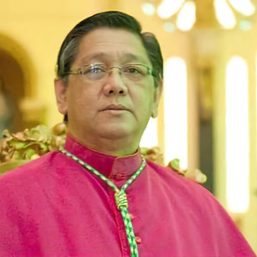
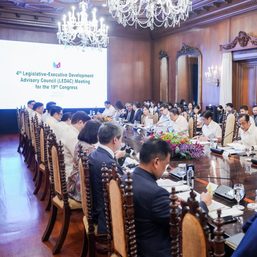
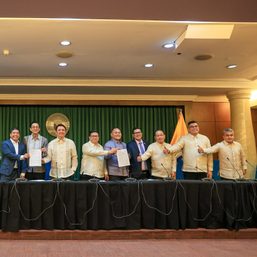
![[New School] Opening closed doors: Why full disclosure on congressional insertions matter](https://www.rappler.com/tachyon/2024/02/20240214-full-disclosure-congressional-insertions-matter.jpg?resize=257%2C257&crop=237px%2C0px%2C720px%2C720px)
![[OPINION] The House strikes back](https://www.rappler.com/tachyon/2024/02/TL-House-strikes-back-February-12-2024.jpg?resize=257%2C257&crop_strategy=attention)

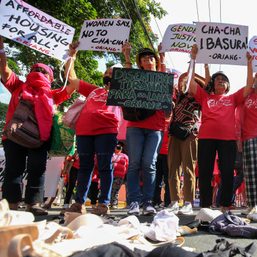
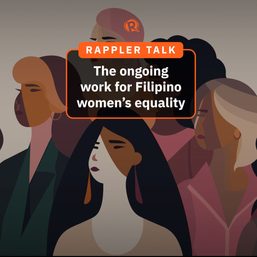

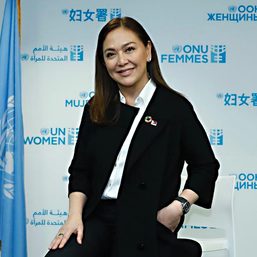
There are no comments yet. Add your comment to start the conversation.